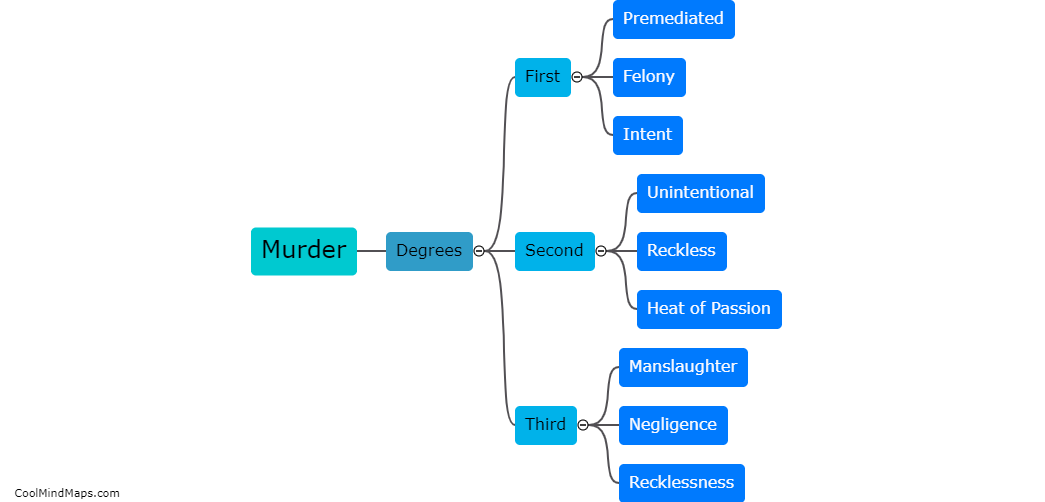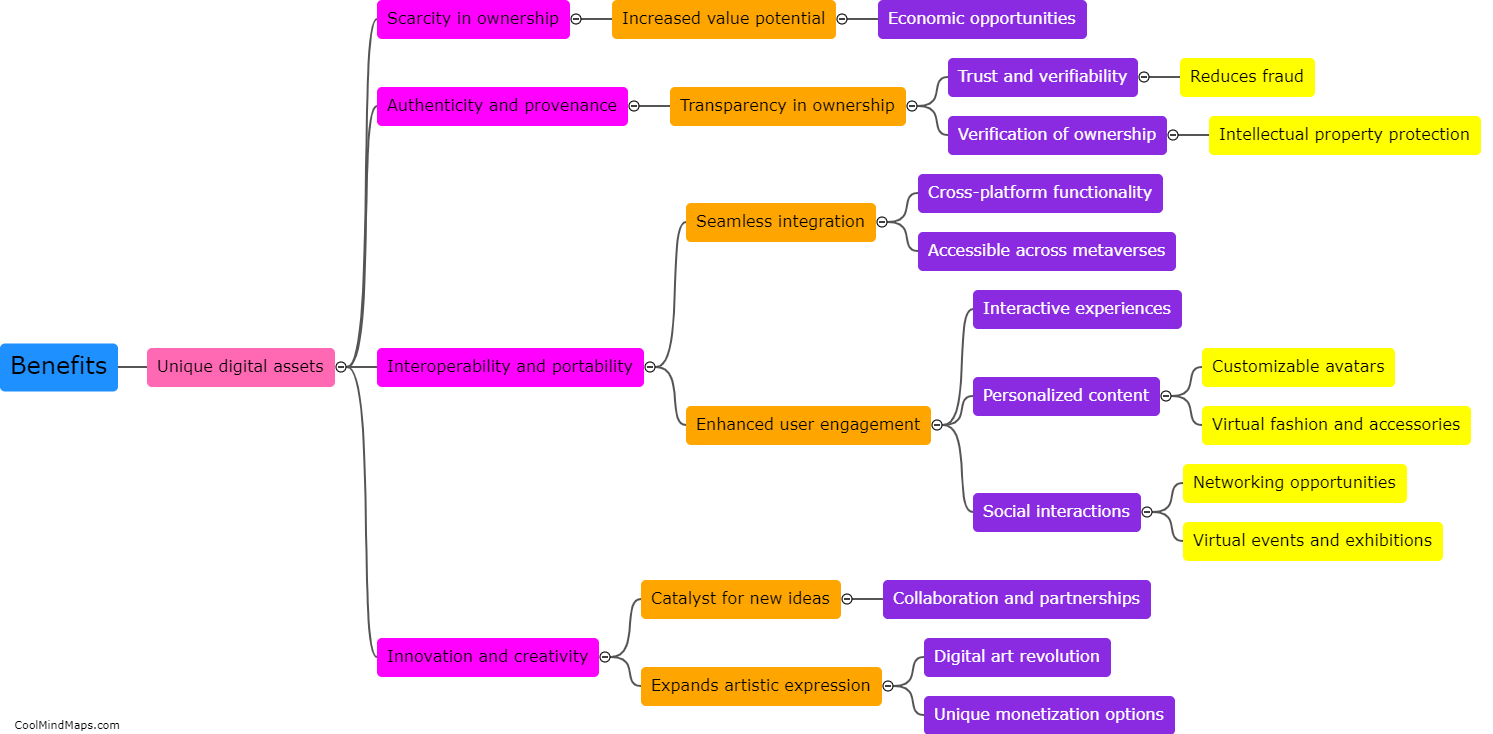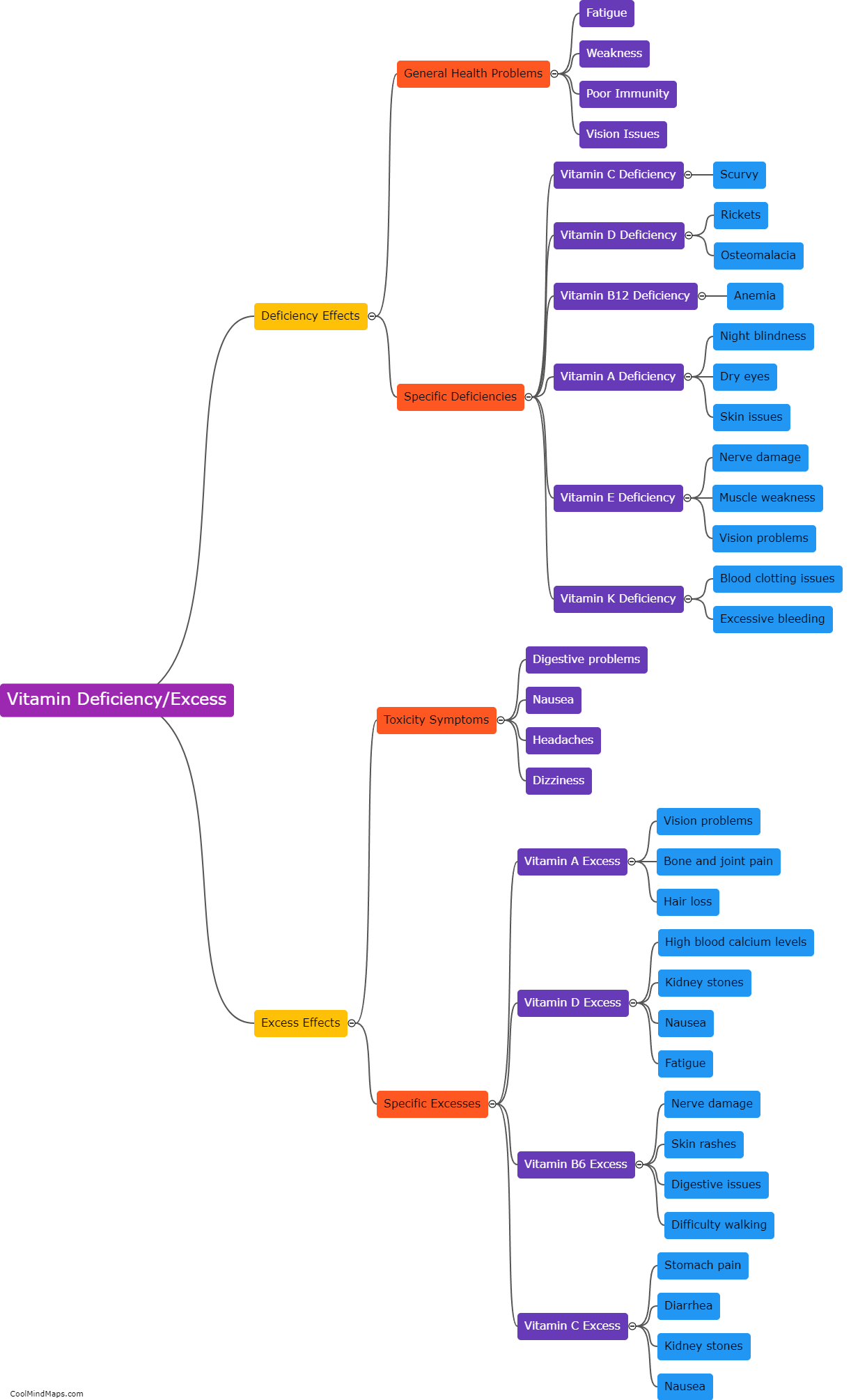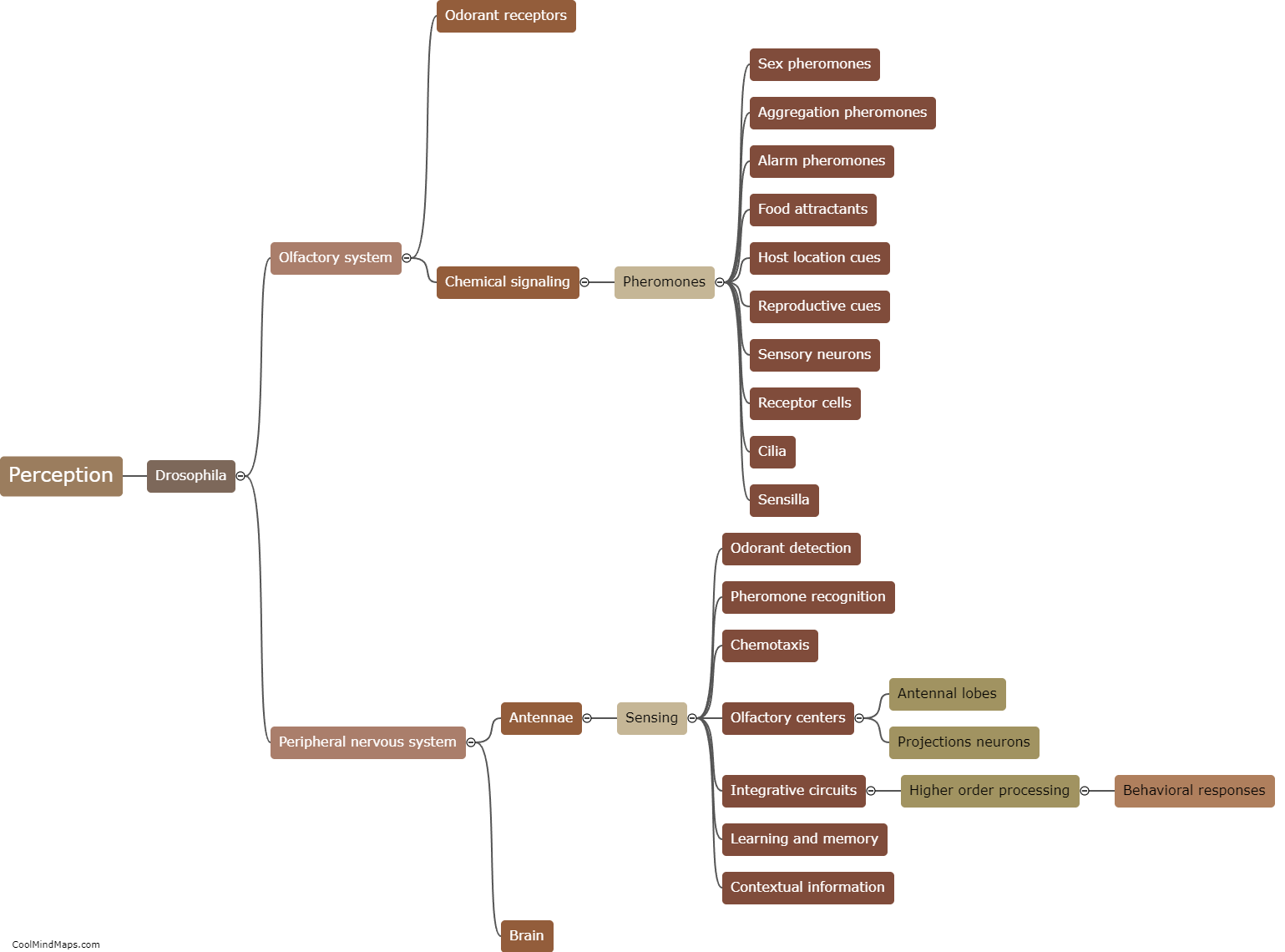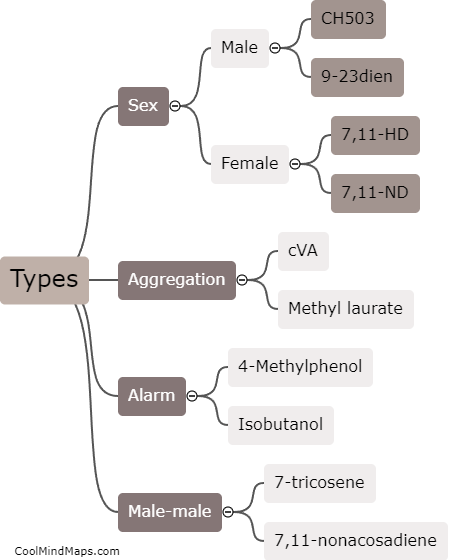How do pheromones in drosophila affect behavior?
Pheromones play a critical role in influencing the behavior of Drosophila, commonly known as fruit flies. These volatile chemical cues are released by various organs and can trigger a range of behaviors such as mating, aggression, territoriality, and food searching. Male fruit flies release specific pheromones that attract females for mating, while females release their own pheromones to signal their receptiveness. Additionally, pheromones can also impact social interactions and group dynamics in fruit fly populations. The detection and processing of these chemical signals by sensory receptors in the antennae and other sensory organs lead to the activation of behavioral circuits in the brain, ultimately modulating the fly's behavior. Understanding the intricate relationship between pheromones and behavior in drosophila provides valuable insights into the underlying mechanisms that regulate social interactions and reproductive dynamics in this important model organism.

This mind map was published on 24 September 2023 and has been viewed 96 times.


